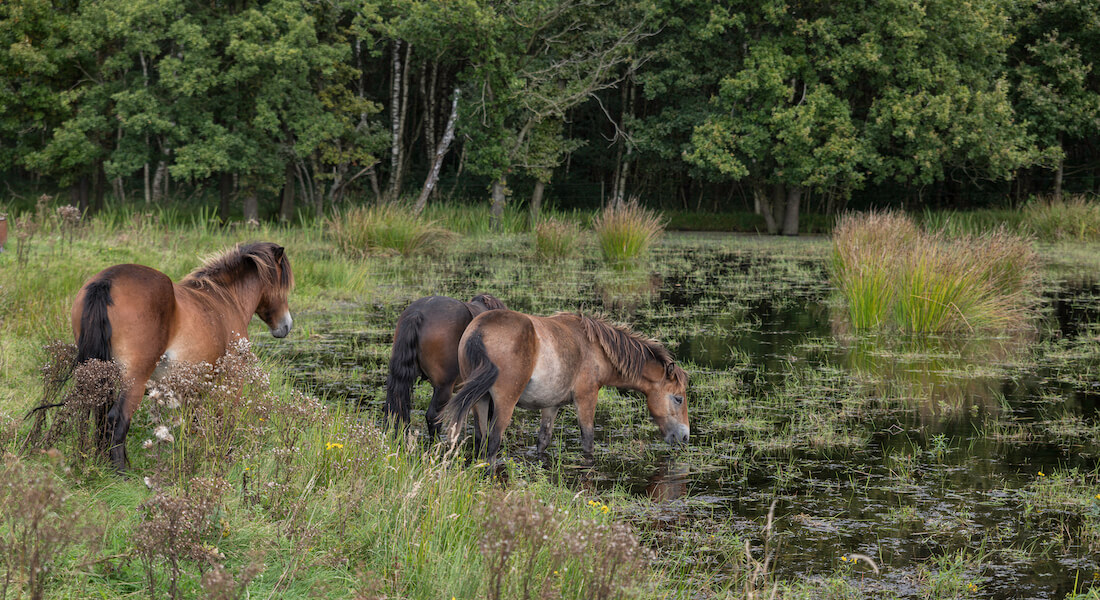Will the use of domesticated animals in rewilding projects compromise animal welfare?

By P. Sandøe, C. Gamborg & C. Palmer (2022)
In D. Bruce, & A. Bruce (Eds.), Transforming food systems: ethics, innovation and responsibility. Wageningen Academic Publishers
Abstract
Increasingly, domesticated herbivores, typically horses or cattle, are used in European rewilding projects to help restore missing or dysfunctional ecological processes. Although these animals’ movements are constrained by fencing, the goal is, as far as possible, to reduce human intervention and to let the animals fend for themselves. Rewilding projects of this sort have generated significant controversy. Notably, critics of such projects claim that nature conservation comes with (too) high a price in terms of compromised animal welfare, while defenders either claim that benefits to the animals themselves outweigh the costs they also face, or that environmental benefits outweigh the costs to the animals. Based on a survey of public media we identify four different animal welfare issues prominent in the very polarised Danish debate: (1) general conception of animal welfare (absence of suffering vs natural living); (2) welfare assessment level (group vs individual animal welfare); (3) feeding (supplementary feeding vs no feeding regime); (4) death (natural death vs lethal or non-lethal removal). We argue that there is potential for common ground if good welfare is interpreted to include not only absence of suffering and other negative experiences but also animals’ autonomy and natural living. However, reactive management interventions should be put in place where severe welfare compromise would otherwise occur.
Will the use of domesticated animals in rewilding projects compromise animal welfare? (pdf)
